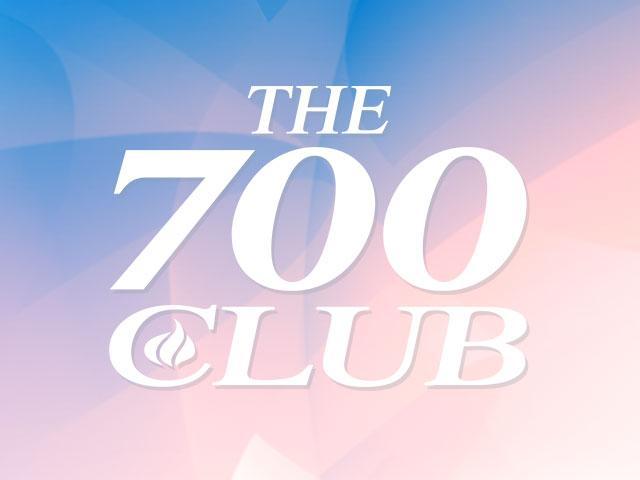How to Social Media the Right Way
Being Right isn't Enough
Fallling on the “right side” of any cultural issue of our day isn’t enough to rightly communicate our ideas, Dan Darling believes. If our words aren’t marked by grace and respect for others, he says, they can do great harm. “God has us here with these (social media) platforms – they aren’t going away – and we need to steward these opportunites,” he states. He’s grateful for the tremendous access to information and even community that the internet affords, and cautions believers not to eschew it, but to use it wisely. “Christians who live in this age have to resist the wrong impulses of either being drawn into endless rabbit trails of information or withdrawing completely.” His advice? “Slow to tweet, quick to listen, quick to get the whole story, act justly, love mercy, post humbly.”
Consider the Motive
Dan encourages readers to “get underneath” why we say what we say online. “Why are we nasty in a digital conversation when we wouldn’t be in person?” he asks, noting that it’s easy for all people, even believers, to become disrespectful and rude when hiding behind a computer screen and image. Quoting Dr. Alan Jacobs, author and Baylor University professor, Dan states, “… the farther humans get away from face-to-face conversations, the greater the opportunity for sinful speech.” Dan then adds, “Christians who believe in original sin can’t quite get away with blaming Twitter and Facebook and Instagram and any other platforms – as if we are helpess in this digital age and as if the way we communicate doesn’t originate from within. Jesus reminds us, ‘Out of the abundance of the heart the mouth speaks’" (Luke 6:45). Another question he poses: “Why do we strive to project ourselves and our lives as better than we are on social media?” Dan believes it’s because we are dissatisfied with reality and we seek to find acceptance from people for the image we can project. “God loves the person we actually are,” he encourages, “so we should be free to be that person online as well,” he encourages.
Community vs. Tribalism
The internet provides unlimited opportunities for community, which Dan believes to be a good thing. “We were made by God to be in community, and we join groups for shared affinity.” However, he points out, there is also great opportunity there for the evil called tribalism. Quoting David Brooks, cultural commentator for The New York Times, Dan writes, “Tribalism is the dark twin of community. Community is connection based on mutal affection. Tribalism is connections based on mutual hate. Community is based on common humanity; tribalism on a common foe.” The antidote, Dan explains, is "church life done right, (which) helps us cultivate local community, offline, with real peole who are different that us. The internet can help foster real-world community by connecting us, making communication easier, etc. But it cannot replace embodied, flesh-and-blood interactions.”
Ten Things The Bible Says About Our Speech
Dan offers ten helpful admonitions from Scripture to guide our words:
- The Bible commends honest speech.
- The Bible commends truthful speech for rebuke.
- The Bible commends public arguments against sin and heresy.
- The Bible seems to commend the appropriate use of satire and other forms of creative engagement.
- The Bible commends civility and respect in speech.
- The Bible commends wise and informed speech.
- The Bible says that the mouth is a good barometer of the heart.
- The Bible commends the wisdom of not sharing everything with everyone all the time.
- The Bible commends humility as a sign of grace.
- The Bible commends speech that edifies.





